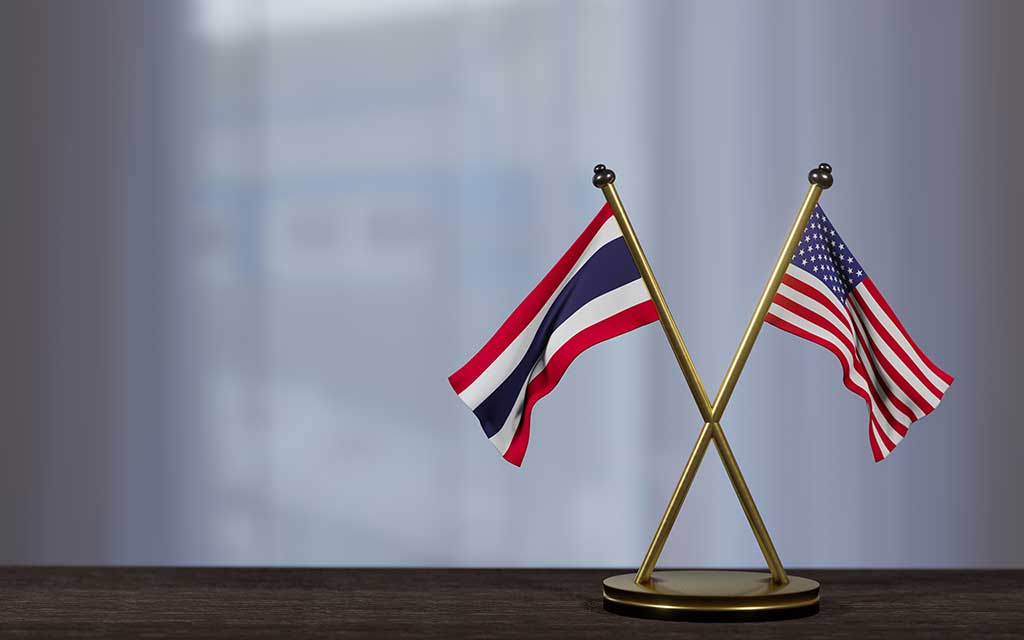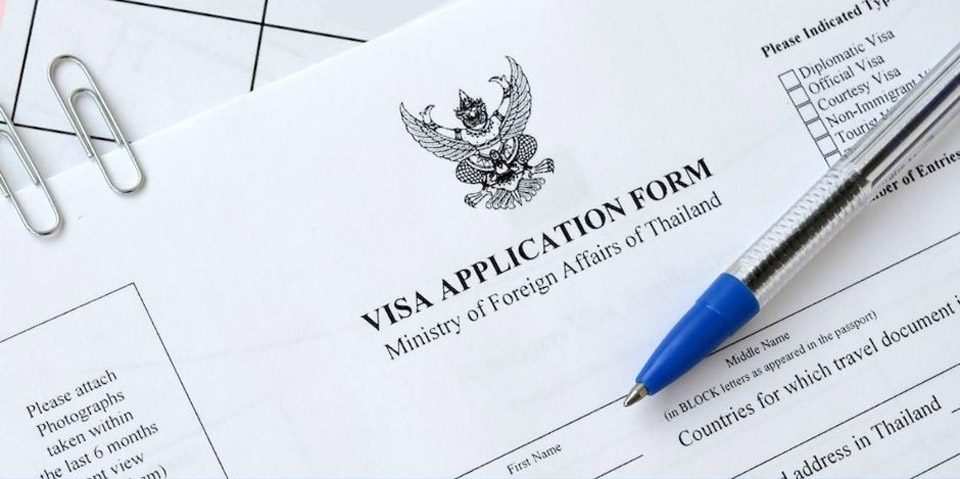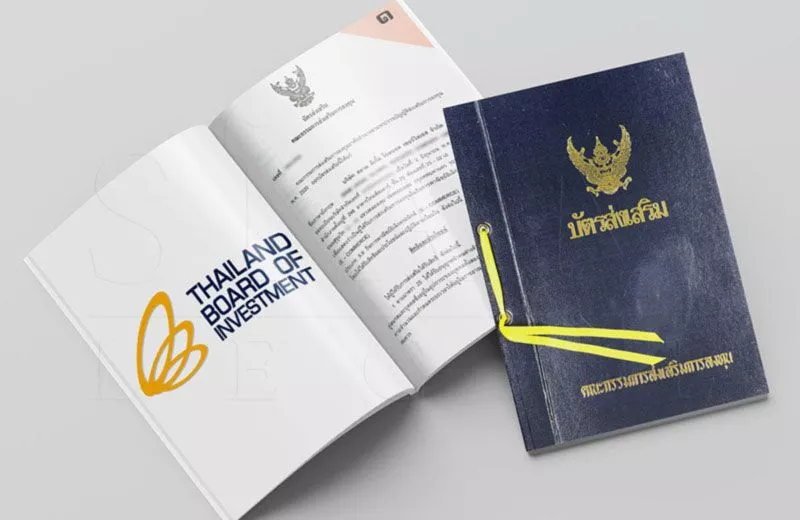US-Thailand Treaty of Amity

US-Thailand Treaty of Amity. The United States and Thailand boast a longstanding and multifaceted relationship, with economic cooperation serving as a cornerstone of this partnership. A pivotal agreement underpinning these economic ties is the Treaty of Amity and Economic Relations, inked in Bangkok on May 29, 1966. Often simply known as the Amity Treaty, this accord established a unique economic relationship between the two nations.
A Historical Precedent
The Amity Treaty actually built upon an earlier agreement, the Treaty of Amity and Commerce signed in 1833. This earlier treaty aimed to promote free trade between the then-Kingdom of Siam (present-day Thailand) and the United States. It granted American merchants access to Siamese ports and the right to trade freely.
The 1966 Amity Treaty and its Benefits
The 1966 Amity Treaty significantly expanded upon the earlier agreement. A key feature is the permission it grants American citizens and businesses to hold majority ownership, or even wholly own, a company in Thailand. This stands in contrast to Thailand’s Foreign Business Act, which generally restricts foreign ownership in certain sectors. The Amity Treaty exempts American businesses from many of these restrictions.
This benefit has been a major draw for US companies looking to invest in Thailand. It allows them greater control over their operations and facilitates a more streamlined business environment.
Limitations of the Amity Treaty
It’s important to note that the Amity Treaty is not without limitations. Thailand retains the right to restrict American investment in certain sectors deemed sensitive, such as communications, transport, and banking. Additionally, to qualify for the treaty’s benefits, a US business must meet specific ownership requirements.
The End of an Era?
The Amity Treaty was not without its critics in Thailand. Some argued that it gave American businesses an unfair advantage. In 2003, the Thai government announced it would not renew the Amity Treaty when it expired in 2005.
However, the economic relationship between the US and Thailand remains strong. The two countries continue to negotiate new trade agreements that aim to promote fair and mutually beneficial economic ties.
The Legacy of Amity
The US-Thailand Treaty of Amity and Economic Relations played a significant role in shaping the economic relationship between the two nations. While the original treaty itself is no longer in effect, its legacy lives on. The Amity Treaty helped pave the way for increased foreign investment in Thailand and fostered a strong economic partnership between the US and Thailand.



